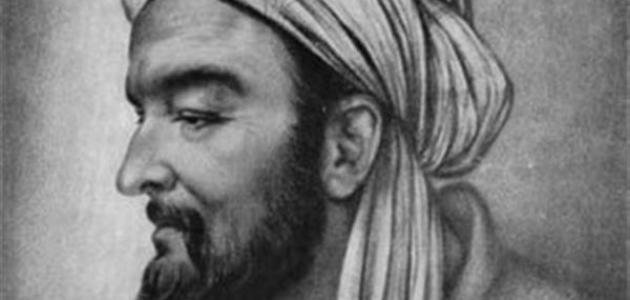
Ibn Khaldun reached sociological theories on the laws of urbanization, the theory of neuralism, state building and its fall, etc. [1] He also wrote many works in history, arithmetic, and logic: The book contains seven volumes. The introduction, known as Ibn Khaldun's introduction in the first volume, is one-third of the book. It includes Ibn Khaldun's views on geography, architecture, astronomy, and the conditions of the people. And their natures. [1] Book in order to pioneer in the mention of kings of Bani [3] Ibn Khaldun's book and his message to the judges: the remover of the rulers of Anam, published by Dar Al-Watan in Riyadh. [3] The book of the story of the state of Tatar (the history of the Mongols of the Book of Lessons), published by Dar Al-Farabi in Beirut. 529/5, namely: summarizing the collection of Fakhr al-Din al-Razi, explaining the rites to Ibn al-Khatib in the fundamentals, explaining the poem of Ibn Abdoun, and explaining the poem of the papyrus , And the nature of urbanization. [4] Introduction Ibn Khaldun Ibn Khaldun spoke in his introduction to human civilization, which included the necessity of cooperation between humans, The climate and the ethics of the population, food and its impact on ethics, divine dignities and dreams, and the foundations of human civilization which ensured the sequence in the construction of civilization, luxury, tribal neural judgment, and the most appropriate religious judgment of the Arabs, etc. [5] In the history of the Mongols, the capture of the Tatars on the kingdoms of Khawramz Shah beyond the river and Khorasan, and the news of Jalaluddin and his return from India and his capture of Iraq. [6] Ibn Khaldun 's trip talked about the journey to the The journey of the sultan to the Levant, the meeting with the Emir, the passing of the Sultan of the Mongols and the Tatar, and other topics. [7] A book about Ibn Khaldun took many (Ibn Khaldun's logic in the light of his culture and personality), [8] and Mohammed Abed al-Jabri wrote the book Ibn Khaldun thought: nervousness and state, and a thousand Taha Hussein In French Ibn Khaldun 's Philosophy of Socialism: Analysis, Criticism and Other Books [3] The people of Ibn Khaldun lived a life full of sorrow after the death of his parents and many of his sheikhs as a result of the plague that spread throughout the world in 749 AH / 1348 AD. He spent four years studying humanities away from people in his last years. Khaldun Ibn Khaldun was widely acquainted with what the old people wrote about the conditions of human beings and were capable of searching and criticizing opinions. He was meticulous in observing the opinions contrary to his opinion and as an expert in the political, administrative and judicial life, and his frequent travels between countries such as Egypt, Sham, and North African countries Al writings on history are objective